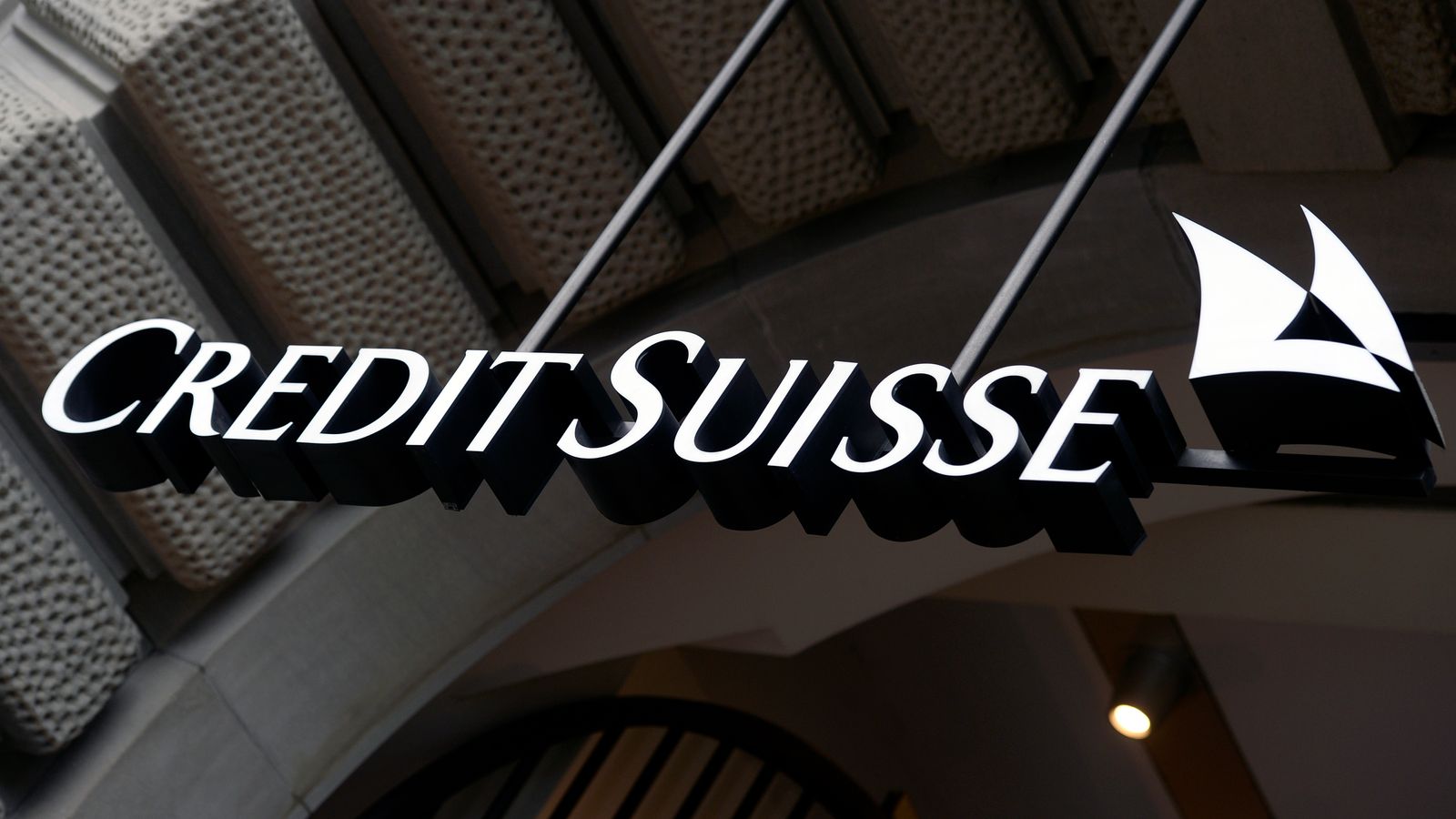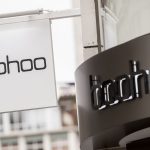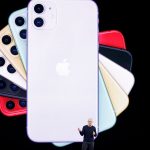Late last week, Wall Street was buzzing with even more speculation and rumour than usual.
The prices of a number of big name media stocks, most notably Viacom CBS and Discovery, had tanked. Something similar also appeared to be happening with some of the best-known Chinese tech stocks, including the internet search giant Baidu and Tencent Music Entertainment.
The declines were spectacular. Between Tuesday and Friday last week, Baidu fell by 33.5% and Tencent Music Entertainment by 48.5%, while in New York shares of Viacom CBS – owner of MTV and Nickelodeon – and Discovery both halved in value. Big online retail groups, including Shopify and Farfetch, also saw their share prices hit.
Details began to gradually emerge. A major seller was offloading big shareholdings in these companies in what appeared to be a fire-sale.
Gossip began to do the rounds that a big hedge fund had been hit with a sizeable ‘margin call’, in other words, one of the fund’s lenders had demanded that the fund put up more cash against a losing trade. Where that fund cannot do so, it is forced to close out its positions, which can often lead to the hurried selling of securities such as shares or bonds.
Over the weekend, the forced seller was identified as Archegos Capital, a relatively little-known ‘family office’ running the money of a publicity-shy investor called Bill Hwang.
Mr Hwang is known in the investment world as a “Tiger Cub”, one of the generation of fund managers schooled by the billionaire investor Julian Robertson, whose firm Tiger Management was one of the world’s most revered and successful hedge funds of the 1980s and 1990s.
Mr Hwang, 56, had previously made the headlines for all the wrong reasons when, in 2012, his firm reached a $44m deal with US financial regulators to settle allegations of insider dealing in Chinese banking stocks.
But this is not just a story about a hedge fund being forced to sell shares in a way that led to big price falls elsewhere.
Investors in Tokyo woke today to news that Nomura, one of Japan’s biggest banks, is facing estimated losses of $2bn resulting from transactions with a US client. It did not name the client but the assumption is that it has to be Archegos. Shares of Nomura fell by more than 16% on the news.
Then, hours later, the Swiss banking giant Credit Suisse – already reeling from its exposure to the failed speciality finance firm Greensill Capital – revealed that it too was facing losses after an un-named US hedge fund client defaulted on margin payments. Again, the assumption is that this client was Archegos.
Shares of Credit Suisse fell by nearly 14% on the news, while across Europe, shares of other major banks also fell amid concerns that they too could be facing losses.
While Wall Street holds its breath, to find out whether any other major lenders are exposed to Archegos, some conclusions can already be drawn.
The first is that more than a decade on from the financial crisis, when a fund like Archegos runs into trouble, there will always be contagion. The good news is that, in this particular case, the contagion appears to be limited. This situation, so far, appears to be more akin to Melvin Capital – the hedge fund burned by small investors on Reddit earlier this year – than that of Long Term Capital Management (LTCM), a hedge fund that blew up in 1998, requiring a then-huge $3.6bn bailout to prevent a wider crisis in financial markets.
The second is that this is almost certainly going to lead to questions about why Mr Hwang was allowed by financial regulators to be in business at all. After his settlement in 2012 he was allowed to resume is activities in the US, but not in Hong Kong, which in 2014 banned him from trading on its financial markets for four years.
The third is that there will be questions asked of the banks. Some of Wall Street’s biggest names had ‘prime broker’ relationships with Archegos, that is to say, a wider-ranging, deeper and more lucrative relationship with it than they might normally have with a typical client.
It is already being suggested in some quarters that they should have been aware of the risks being built by Archegos in building up unusually large – and risky – positions in a handful of companies.
It is also being suggested that, blinded by the fees they were being paid by Mr Hwang’s firm, they were prepared to overlook the amounts he was borrowing – even if these were significantly less, proportionately, than the notorious LTCM.
A fourth conclusion is that this episode highlights the way in which, in an environment of ultra-low and negative interest rates around the world, banks are having to scratch around for other sources of income.
Eyebrows have been raised, for example, as to why Nomura, a Japanese bank, was lending so much to a US-based fund invested heavily in Chinese stocks. Banks may well have to charge more for prime brokerage services in future and be more judicious in offering these services.
The fifth conclusion is that this episode, along with others this year – the 25% fall in shares of Tesla in a matter of weeks and the whole Gamestop affair – suggests there are pockets of extreme volatility emerging in equity markets, which ought really to be no surprise given the roll on which these markets have been.
The sixth conclusion – although this may be a tad premature – is that this episode suggests that regulatory changes since the financial crisis are working effectively. A highly-leveraged fund losing money has created less systemic risk than it would have during the first decade of this century because the regulators, after the crisis, ordered banks to build up big capital buffers.
The magnitude of the losses being faced by Nomura and Credit Suisse, while they are huge sums of money, can be absorbed by these lenders. They certainly do not put their future at risk – the main concern during the financial crisis.
At the end of the day, that is probably the most reassuring aspect of this peculiar episode.






















